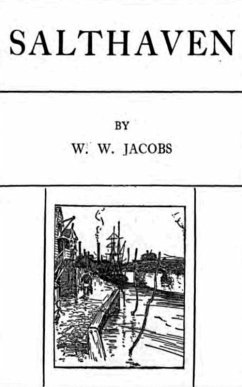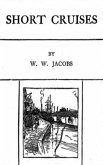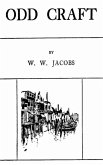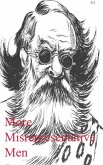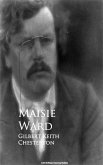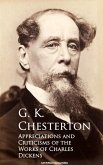R. John Vyner, ship-owner, pushed his chair back from his writing-table and gazed with kindly condescension at the chief clerk as he stood before it with a handful of papers. "We shall be able to relieve you of some of your work soon, Hartley," he said, slowly. "Mr. Robert will come into the firm next week." The chief clerk bowed. "Three years at Cambridge," resumed Mr. Vyner, meditatively, "and two years spent up and down the world studying the business methods of other nations ought to render him invaluable to us." "No doubt, sir," said Hartley. "It is an excellent training." "For a time," said the ship-owner, leaning back and placing the tips of his fingers together, "for a time I am afraid that he will have to have your room. Later on-ha-if a room should-ha-fall vacant in the building, we might consider taking it." "Yes, sir," said the other. "And, of course," resumed Mr. Vyner, "there is one great advantage in your being in the general office which must not be overlooked; you can keep an eye on the juniors better." "It is cheerful, too, sir," suggested the chief clerk; "the only thing-" "Yes?" said Mr. Vyner, somewhat loudly. Mr. Hartley shrank a little. "I was going to say that it is rather a small room for Mr. Robert," he said, quickly. "It will do for a time," said the other. "And-and I think I told you, sir, that there is an unpleasant sm-odour." Mr. Vyner knitted his brows. "I offered to have that seen to, but you said that you didn't mind it," he remarked. "Just so, sir," said Hartley; "but I was thinking of Mr. Robert. He might not like it; it's very strong at times-very strong indeed." "You ought to have had it attended to before," said Mr. Vyner, with some severity. "You had better call at Gillows' on your way home and ask them to send a man up first thing to-morrow morning."
Dieser Download kann aus rechtlichen Gründen nur mit Rechnungsadresse in A, B, BG, CY, D, DK, EW, E, FIN, F, GR, H, IRL, I, LT, L, LR, M, NL, PL, P, R, S, SLO, SK ausgeliefert werden.

